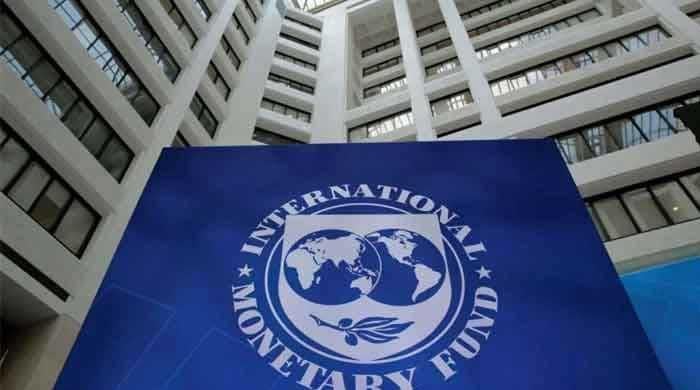- Pakistan briefs IMF mission on plans in technical-level talks.
- Govt arranged Rs1.2tr to reduce circular debt, IMF told.
- Adds baseline tariff to be implemented from Jan 1, 2026.
The International Monetary Fund (IMF) has asked Pakistan to reduce inflows into the considerable circular debt to zero from the current fiscal year, The News reported citing sources.
The inefficiencies of the Power Distribution Companies (Discos) have continued to be a significant factor, resulting in losses of Rs265 billion in FY25 compared to Rs276 billion in FY24. Additionally, under recoveries were recorded at Rs132 billion in FY25, down from Rs315 billion in FY24.
The IMF has been briefed about the baseline tariff, which will be implemented from January 1, 2026.
The National Electric Power Regulatory Authority will review the eight Discos’ interim tariff for 2025-26 as power firms requested Rs455 billion in revenues. “If translates this into a per unit hike in tariff, it may hover around Rs2 to 4% increase in tariff,” said the sources, and added that it would depend on the tariff determined by the Nepra.
Keeping in view the losses incurred by the Power Distribution Companies (Discos), it is not possible to reduce the losses to zero, but the IMF insists upon the authorities to reduce the losses as much as possible, and the remaining losses to be financed through budgetary subsidies.
Pakistan and the IMF continued technical-level talks here on Friday in which the Power Ministry high-ups briefed the Fund mission about the baseline tariff and the circular debt inflows for the current fiscal year.
Pakistani authorities briefed the IMF mission on a plan to eliminate the stock over the next three to six-year period.
The circular debt stood at Rs1.614 trillion at the end of FY2025, about Rs780 billion lower than FY2024. They noted the stock had been Rs2.310 trillion in FY2023. Subsidies for the power sector totalled Rs1.225 trillion in FY2025.
The government arranged Rs1.2 trillion with the help of banks to reduce the circular debt to around Rs400 billion. To service that bank exposure, consumers will pay a surcharge of up to Rs3 per unit for five years.
The government is committed to keeping fresh inflows in check during the current year. Talks also covered the levy on captive power plants, consumer pass-through, and tariff rebasing. The IMF was briefed that annual tariff rebasing will shift to January 1 from FY2026, replacing the previous July 1 cycle.
Distribution companies will be required to review operational and financial needs and submit proposals ahead of each annual rebasing. Officials said Nepra’s legal and regulatory framework is being amended to support the new schedule, a change the IMF had asked for and the government has approved.
If analysed six months from July to December 2024, it indicates increasing financial challenges faced by DISCOs, with total core operating losses reaching Rs283.7 billion before accounting for government subsidies.
The major contributors are Quetta (Rs92.65 billion), Peshawar (Rs53.68 billion), and Hyderabad (Rs39.63 billion, highlighting specific areas needing attention to curb these losses.
Even Discos that appeared profitable before subsidies, such as Multan, Faisalabad, and Gujranwala, became loss-making once subsidies were considered, incurring net losses of Rs35.17 billion, Rs13.12 billion, and Rs7.32 billion, respectively.
Lahore, Islamabad, Sukkur, and Tribal DISCOs also showed marginal losses/failed to stay profitable post-adjustments. Quetta Disco, in particular, recorded an EBIT loss of Rs60.36 billion, and with additional subsidies of Rs32.30 billion, the overall net loss remains significant.
When contacted, former Advisor to the Ministry of Finance Dr Khaqan Najeeb said that the ongoing technical and commercial losses of about 20% highlight inefficiencies in billing, collection, and transmission infrastructure, causing persistent losses. The average losses July-December 24 stood at approximately Rs300 billion, which could project to around Rs600 billion annually, underscoring the importance of reforms.
The way forward lies in strengthening governance, technology upgrades, potential privatisation or concession models, and tariff updates.
The improving liquidity and clearing backlog of CD is at times needed as has been done by authorities in the recent months, Dr Khaqan added.


